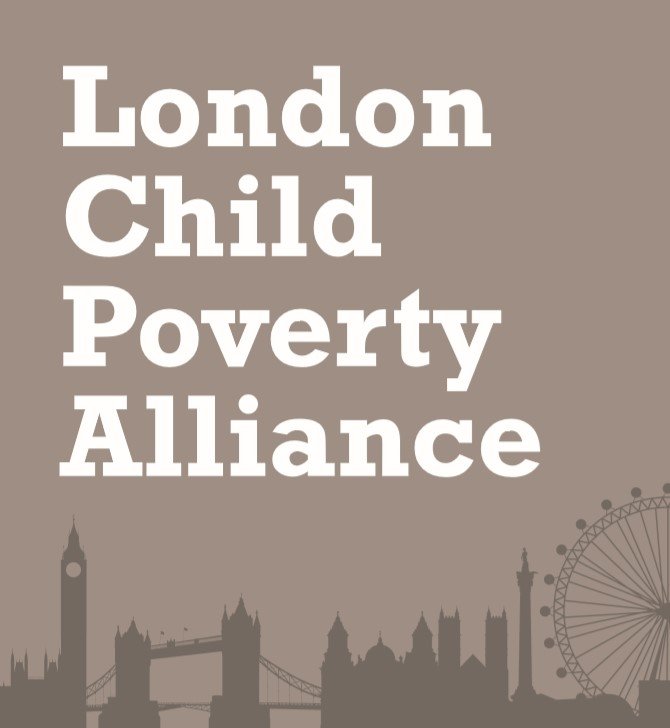Manifesto Asks: Action on Income
 ASK 1: Review Council Tax Reduction/Support schemes to minimise the amount of tax paid by household with children in poverty. Reduce minimum payments for low-income and vulnerable residents in your Council Tax Reduction scheme to zero (or a minimum of 10% in the first instance) and end bailiff use against those in arrears. Why?
ASK 1: Review Council Tax Reduction/Support schemes to minimise the amount of tax paid by household with children in poverty. Reduce minimum payments for low-income and vulnerable residents in your Council Tax Reduction scheme to zero (or a minimum of 10% in the first instance) and end bailiff use against those in arrears. Why?
ASK 2: Review Local Welfare Assistance schemes to ensure that the funds available are adequate to meet the need in your borough. Schemes should be targeted to those in most need, not come with very limiting conditions, and where possible be made available in the form of cash grants rather than loans or vouchers. Why?
ASK 3: Actively promote awareness and uptake of Council Tax Support/Reduction and Local Welfare Assistance schemes among vulnerable or protected groups, including those from Black, Asian and minority ethnic communities, those whose first language is not English and households in which someone is disabled. Why?
Manifesto Asks: Action on Housing
ASK 1: Build more social housing. We are asking local authorities to make sure properties are built with a commitment to social rents. They should develop a social rent delivery policy in their local plans that is informed by a substantive assessment of social housing as well as a robust Equality Impact Assessment. Residential developments under section 106 must ensure that the vast majority, if not all, should be allocated to social rent and not just affordable rent. Why?
ASK 2: Ban No-DSS discrimination. We are asking local authorities to pass motions banning blanket bans against people who can afford the rent but are discriminated against for receiving benefits. Where relevant, they should amend their licensing policies so that councils can enforce against this discrimination. Why?
ASK 3: Ensure that temporary accommodation is suitable, safe and of good quality. We are asking that local authorities commit to minimum standards and develop a coordinated framework for maintaining and managing temporary accommodation. Families should be supported throughout their placement in temporary accommodation and be supported in making complaints when relevant. Local authorities must ensure that housing departments and social services never end or threaten to end accommodation through a homelessness or child in need duty without a clear plan for how a child will be accommodated. Why?
Manifesto Asks: Action on Childcare
ASK 1: Consider how local early years funding could be used more creatively and complemented from additional sources, to increase provision for children who would disproportionately benefit from it, including children whose families are experiencing financial hardship, children with SEND and children in need. Why?
Ask 2: Where gaps are identified in the supply of affordable, high-quality childcare in the local area consider providing financial support to address them, for example in the form of start-up grants to providers to establish new settings and/or increase the number places available. Why?
ASK 3: Establish schemes to provide social security claimants with interest-free loans or payments to cover the up-front costs of childcare provision, such as deposits. Why?
Manifesto Asks: Action on Hunger
ASK 1: Actively support a local food poverty alliance, with resources and a clear, refreshed food poverty action plan that focuses on building more resilient local food systems. This should include providing tailored support to specific groups known to be at particular risk of food insecurity including Black, Asian and minority ethnic people and those with no recourse to public funds. Why?
Ask 2: Promote a cash-first approach to tackling food poverty, prioritising Local Welfare Assistance and Council Tax Reduction schemes as ways to maximise household incomes for families living in poverty. Why?
ASK 3: Ensure a good start in life and support for children and families through:
- supporting breastfeeding through the UNICEF UK Baby Friendly Initiative;
- setting a target to increase Healthy Start uptake; and
- supporting free school meals and holiday provision with food for all potentially eligible families; working to ensure that these are healthy and sustainably sourced. Why?





